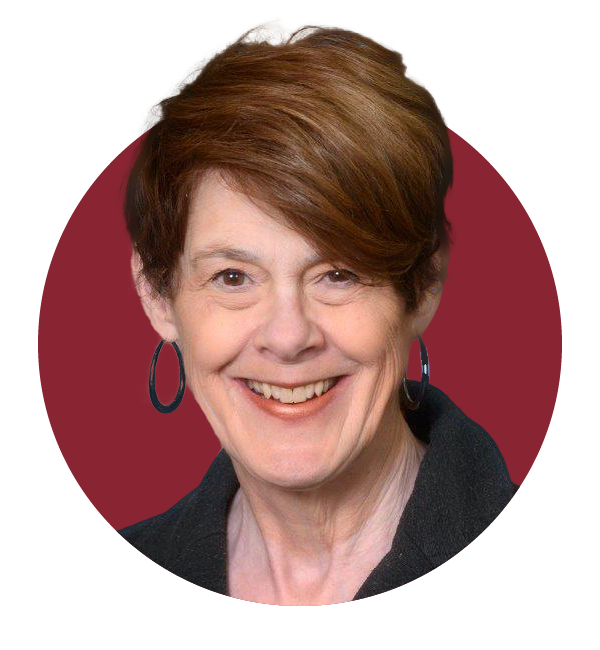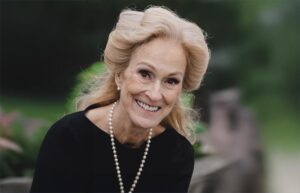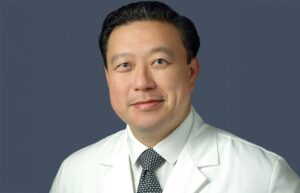Presenter Profile: Joan H. Schiller, MD
Chair, Steering Committee for Oncology Advocates United for Climate Change and Health, International (OUCH-I), Board member, Lung Cancer Research Foundation (LCRF), Deputy Director of the UTSW Simmons Cancer Center (retired)
University of Virginia, Adjunct Professor
ILCN: What is your presentation about?
My presentation is about the impact of air pollution on cancer incidence, care delivery, and outcomes.
ILCN: Why is this topic timely or important in 2024?
In 2021, the World Health Organization called climate change the single biggest health threat facing humanity. And yet, climate change is often perceived by the public as an environmental threat or a political problem, not a health problem. This year has seen increasing heat waves, wildfires, droughts, and extreme weather events—all of which will impact cancer care. As oncology health professionals, we are “trusted messengers,” and we need to make sure that the public, policymakers, and cancer care professionals are aware of the impending disaster.

14:00-15:15 PDT, Monday, September 9
Room 22, San Diego Convention Center
Lung Cancer Beyond Smoking
During the Lung Cancer Beyond Smoking session, Joan H. Schiller, MD, highlights the impact of environmental factors, such as climate change and air pollution, on lung cancer.
ILCN: How did you become involved with this area of lung cancer research, care, or advocacy?
My husband and I have a cabin in the mountains in southwest Colorado—truly a special place. However, over the past several years, more and more of the trees in the forests around us are dying. They are becoming stressed by the heat and drought and becoming more vulnerable to infections with spruce beetles and other insects. It is only a matter of time before we lose this beautiful area, and I lose my grandkids’ chances to experience it.
ILCN: What are you most looking forward to during the 50th Anniversary World Conference on Lung Cancer?
Meeting and networking with my colleagues to discuss and brainstorm how we, as oncology health professionals and “trusted messengers,” can best spread the word about the impact of air pollution on cancer care.










